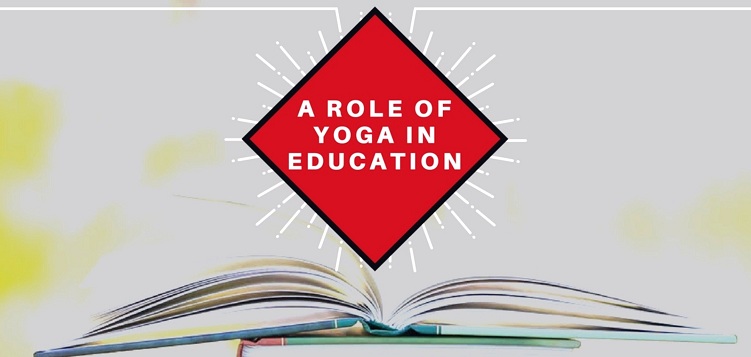Balance Your Brain and Mind Through Yoga
Yoga is the foremost ancient art that aims to create a healthy mind within a healthy body. For this reason, it is considered a harmonious system that rejuvenates the body, mind, and spirit. Therefore, the great sages have described Yoga as a universal attribute of the mind that enhances the human body’s physical, spiritual, and mental condition.
You can balance your mind through 200 hour yoga teacher training course. Regular practice of yoga poses improve physical health, flexibility and strength. Physical well-being is often closely connected to mental well-being.
The balanced development of these three characteristics led to the individual growing up to have a positive attitude toward life. Overall, yoga is practised in daily life based on some basic principles. They are:
1. It is a technique to control the mind as well as the body
2. It can be a disciplined and well-organized way to achieve a goal.
3. Yoga refers to the philosophy or philosophical part of life.
4. Yoga is the end in itself for the practice of yoga.
5. Yoga signifies specific traditional specializations of particular techniques of yoga.
In that context, when education is considered as yoga, it has many important implications. For this reason, various schools are practicing yoga. The basic advantage of yoga is that it helps to face various difficulties, struggles, distractions, problems, and wastages faced by children.
It will reduce stress in children during their studies. Apart from this, yoga education for students results in the development of child psychology, so schools’ curriculum has added yoga to school education.
Thus the importance of yoga in education can be noted in increasing the children’s rationality, emotional structure, and creative output. The effort to increase physical activity in children and cultivate healthy outcomes prompted school officials to learn about the importance of yoga in the school.
Since many types of schools are involved in society, the best practices of Hatha Yoga and Raja Yoga can be practiced within the schools. Hatha Yoga School Rishikesh is one of the best places which provide a wide idea about yoga. More specifically, the concept of yoga revolves around the practical aspects of the philosophy, which indicates the connection of the human soul with the supreme power. The role of yoga in education, as per the spiritual aspect, is to help the students fulfill their daily duties. Thus, there are distinctive features of yoga that will help positively impact children during education.
1. It enhances self-actualization or self-awareness within the children.
2. It brings out physical, mental, and spiritual qualities, ultimately inculcating children’s social and ecological awareness.
3. It helps children to discover the transcendental state of mind.
4. It fosters uniqueness within the child.
5. It fosters perseverance as well as willpower within the child.
6. It helps to reveal the creative consciousness.
7. It helps in treating physical difficulties by making the body active.
Yoga provides ease to the respiratory, neuro-endocrine, cardiovascular, and musculoskeletal systems to enhance determination within the child. Regular practice of yoga helps the child in managing stress disorders.


